Access to Medicine vs. Patent Protection: A Global Dilemma Analysis
VerifiedAdded on 2022/09/28
|5
|722
|17
Report
AI Summary
This report delves into the intricate issue of patent protection within the pharmaceutical industry, examining its impact on international trade and access to medicine, particularly in developing countries. The report begins by defining patent protection and its role in preventing the replication of inventions, emphasizing its connection to the TRIPS agreement and the balance it attempts to strike between protecting innovators' rights and ensuring access to essential medicines. It then explores the ethical dimensions of this dilemma, highlighting the financial constraints of developing countries and the need for affordable healthcare. The report uses India's patent system as a case study, contrasting its pre-2005 practices, which facilitated the production of affordable generic drugs, with its current TRIPS-compliant system. The author argues that while original researchers deserve recognition, ethical considerations prioritize making healthcare accessible to all, advocating for incentives for original companies to make their inventions available to others. The report concludes by emphasizing the moral imperative of prioritizing human life and the need for a balanced approach to patent protection that considers both the rights of pharmaceutical companies and the healthcare needs of all citizens. The report uses references to support arguments, including articles and research papers.
1 out of 5
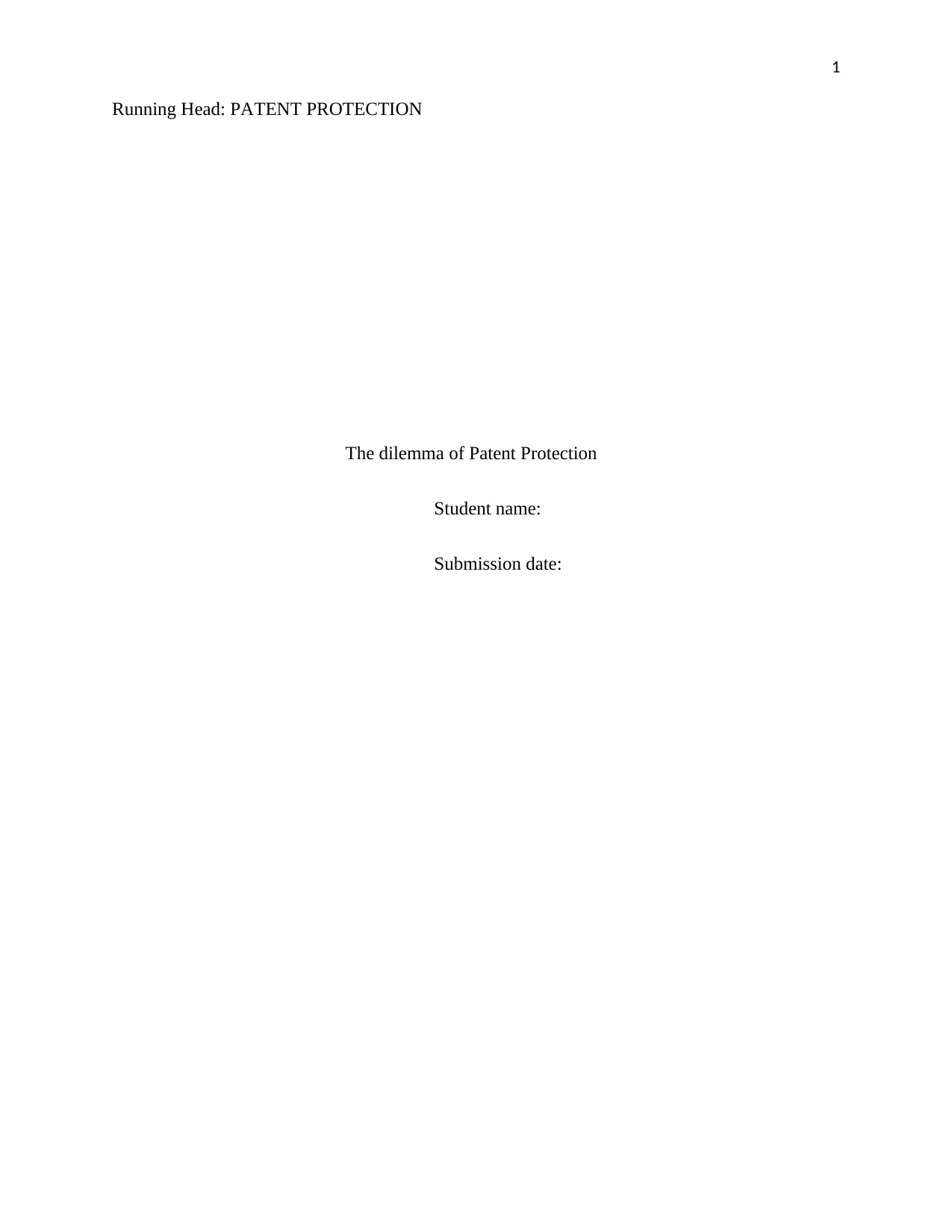
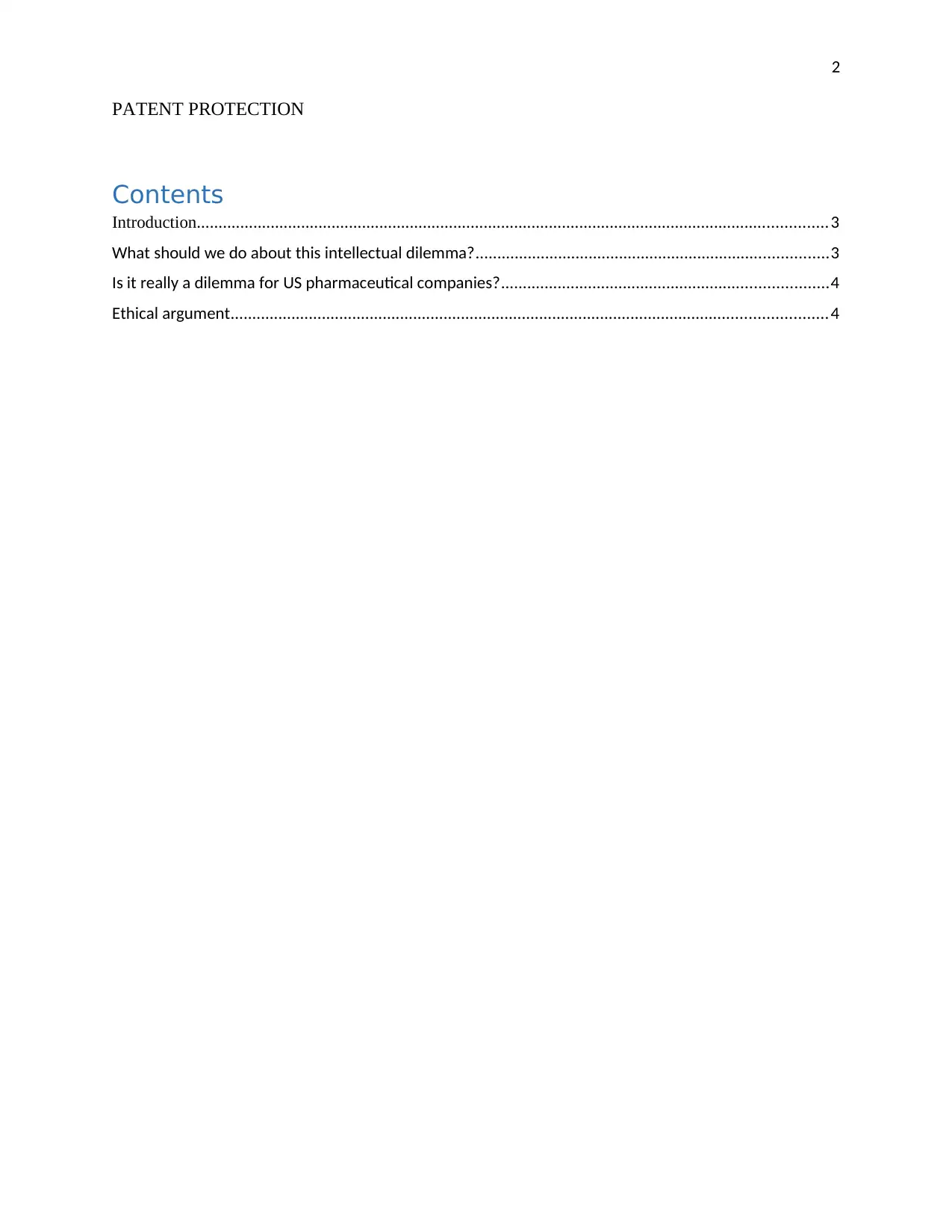
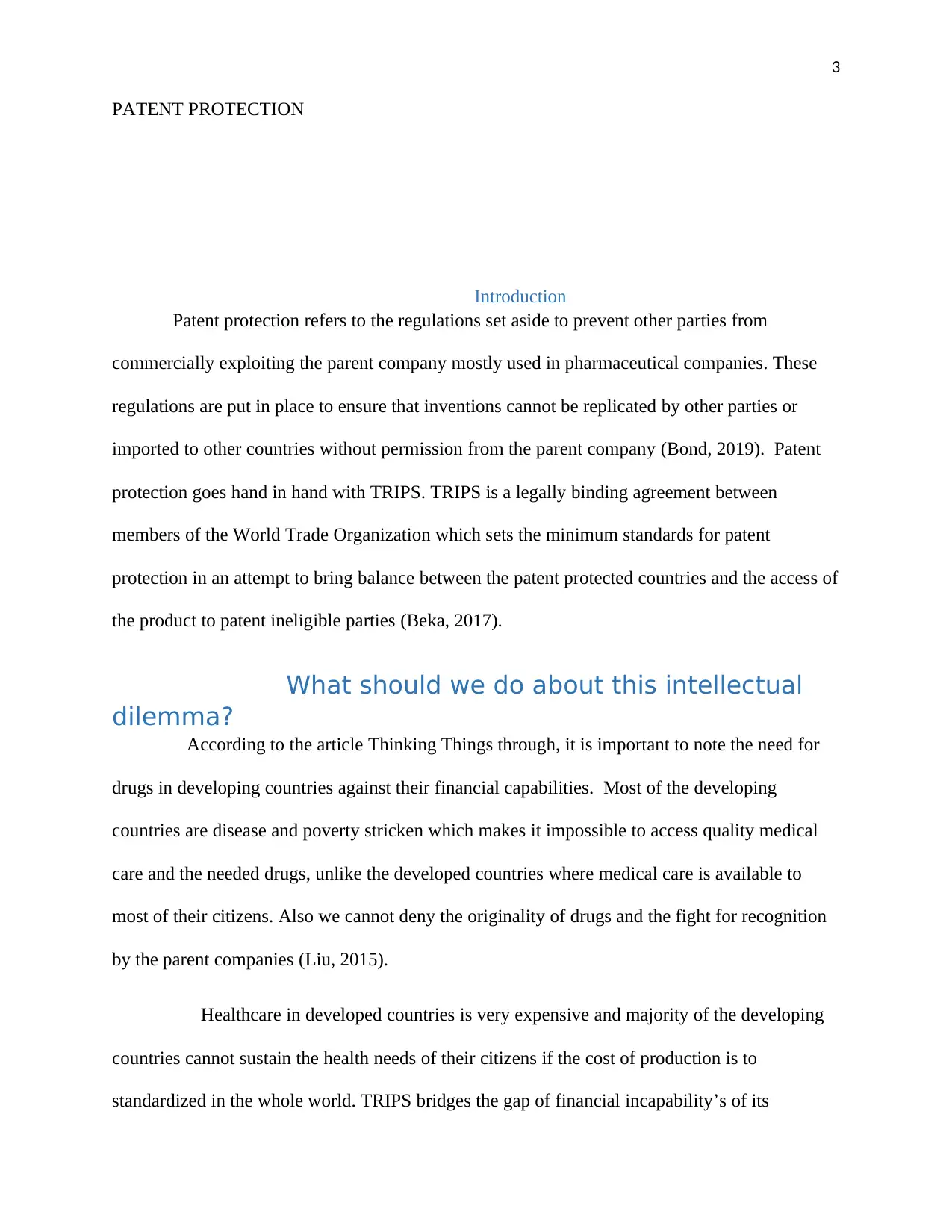

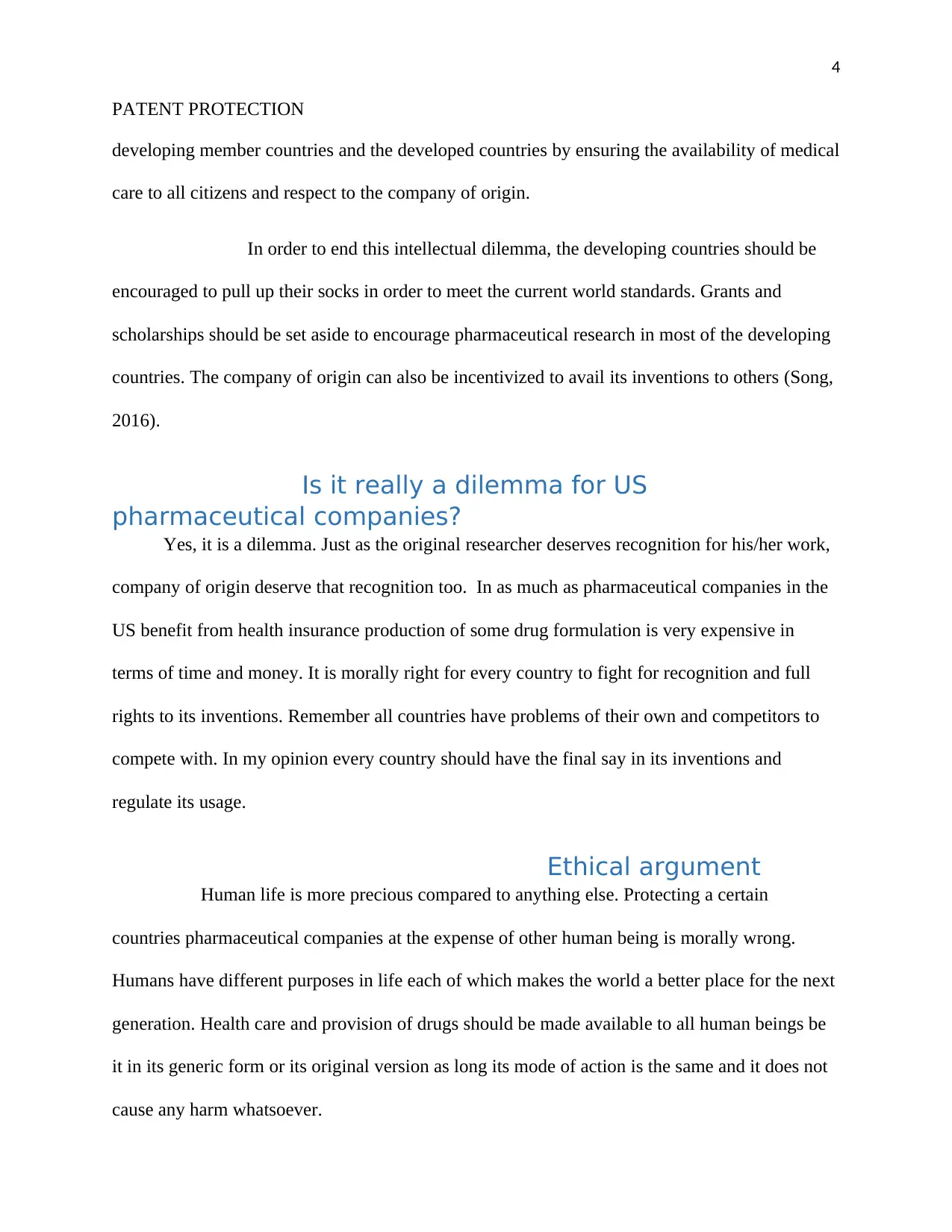
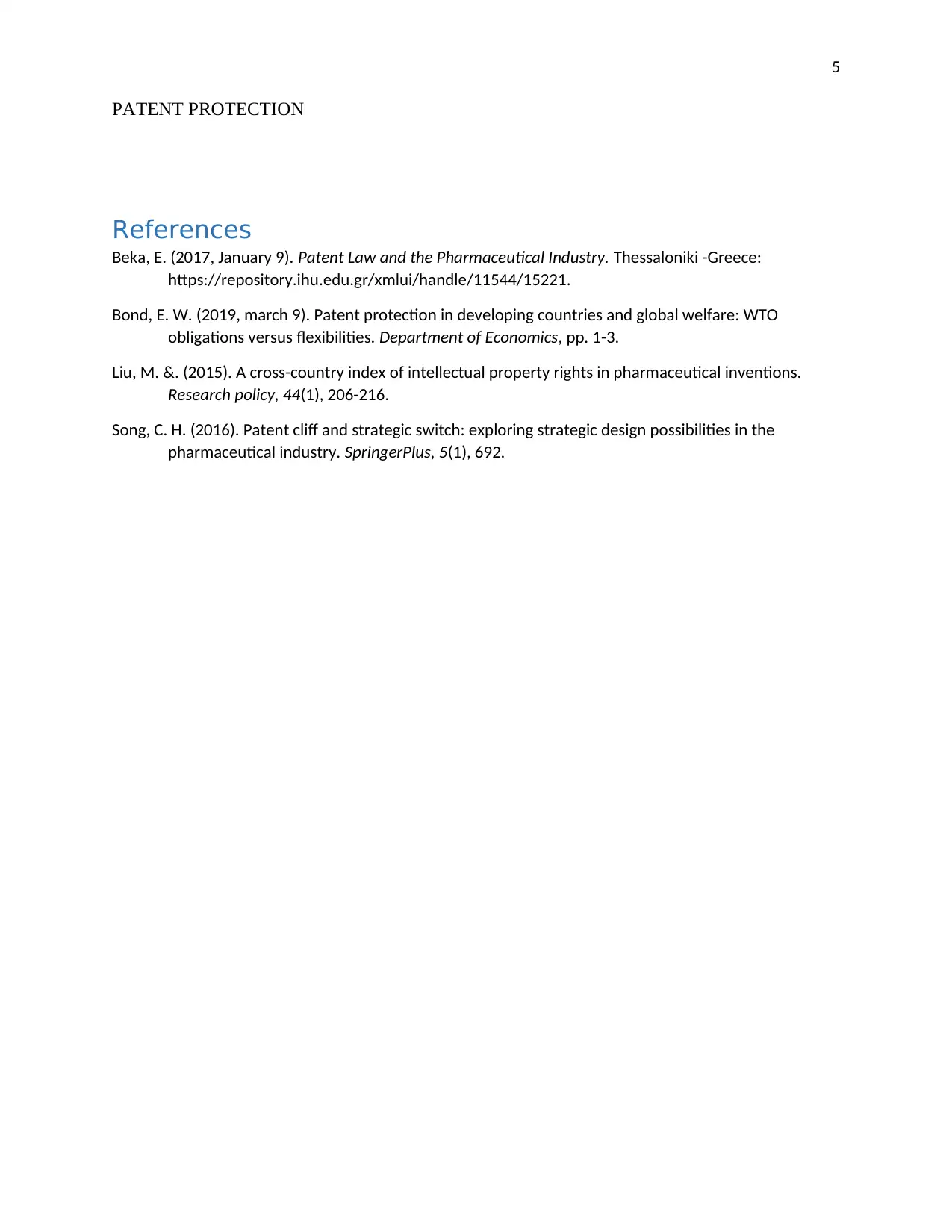

![[object Object]](/_next/static/media/star-bottom.7253800d.svg)